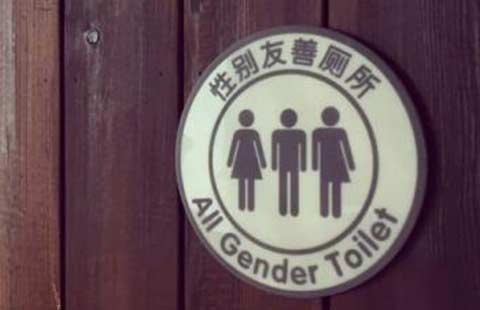Taiwan youths encouraged to plant business roots on mainland
By Luo Wangshu and Hu Meidong in Xiamen, Fujian (chinadaily.com.cn) Updated: 2016-06-15 21:09The recent cooling of political exchanges between the Chinese mainland and Taiwan doesn't seem to have dampened the enthusiasm of young entrepreneurs from the island.
The atmosphere on the mainland favoring entrepreneurship is encouraging some young talents to make their dreams come true.
Taiwan native Peter Wu and some friends started their first business by organizing international students from the United Kingdom to teach English in Shenzhen during summer vacations in 1999.
"It was all by accident," Wu said.
At the time, he was a student at Oxford University. One of his associates had connections in Shenzhen. Although the business failed because of the outbreak of SARS in 2003, Wu said, he started again in 2006, taking advantage of advanced technology in Taiwan in a venture selling electronic products to mainland customers.
Wu and his partners chose to register their company, which focuses on solar energy, in Shenzhen.
"Shenzhen is a hub of the electronics industry and a center for entrepreneurship, inspiring people's entrepreneurial spirit," he said. "Almost everyone in Shenzhen is thinking about starting a company — software engineers, company employees — they all do."
"In 90 minutes at most, in Shenzhen, I can visit stakeholders, suppliers and clients," he said, adding that in Taiwan he might have to travel to Hualien, a county in eastern Taiwan, or to Hsinchu, a city in northern Taiwan.
"That process consumes a lot of time and energy," he said.
Despite the business changes, one thing has remained constant, Wu said — the connection between the mainland and Taiwan.
He has no concerns about the cooling political climate since newly elected leader, Tsai Ing-wen, took office on May 20. Beijing has urged her to acknowledge clearly that both the mainland and Taiwan are parts of one China. But that's another world to Wu.
"Politics is politics, but people-to-people communication remains," he said, "The flights from the mainland and Taiwan are still full."
Wu's success is expected to be replicated by more young Taiwan entrepreneurs, thanks to the mainland's "Innovation and Entrepreneurship" strategy, which encourages startups.
China's top political adviser, Yu Zhengsheng, met with Taiwan youths on Saturday during the eighth Straits Forum in Xiamen, Fujian province, encouraging them to come to the mainland to start a business or seek employment.
"We welcome Taiwan youths, especially those with some working experience, to start a business on the mainland," Yu said, adding that networking also matters.
Also on Saturday, an incubation and coaching platform for startups from Taiwan was launched in Xiamen to promote cross-Straits innovation and entrepreneurship.
The platform, known as the Taiwan Pavilion, will focus on guiding innovation in small and medium-sized enterprises, promote cross-Straits outsourcing of services and encourage human resources exchanges.
With businesses ranging from human resource brokerages to e-commerce and microfinancing, the platform will provide investment channels and financing support for Taiwan entrepreneurs on the mainland.
"The inspiring atmosphere on the Chinese mainland is a great opportunity for Taiwan youth," said Huang Ing-chung, professor of business management in the Department of Asia-Pacific Industrial and Business Management at Taiwan's National University of Kaohsiung. He is also the university's former president.
"They could start up their business on the mainland, gathering investors and applying what they learned in Taiwan. They would exchange ideas with their mainland partners."
According to Professor He Zhiyi of Peking University's Guanghua School of Management, "It is the greatest opportunity for young entrepreneurs across the Straits to start up a business — the best time in the past 2,000 years and the next 2,000 years of Chinese history.
"If the youth seize the opportunity, the future is bright."
"The mainland has a sizable market, which allows Taiwan youths to expand their business across the Straits," said Tseng Wei-kuang, director of the Kuomintang Youth Federation in Pingtung county in southern Taiwan.
He said he hopes regional governments on the mainland will be more transparent about their policies and practices to support entrepreneurs.
- Ministry: Navy ship passes strait 'for international navigation'
- Adopted children arrive for a wide-ranging discovery mission
- Chinese universities dominate new top universities in Asia ranking
- Buyers of online services need good sense, judges say
- Largest-ever contract fraud case comes to a close
- China, Vietnam agree to stabalize the sea
- Foreign minister calls for tranquility
- Xi's visit set to boost Belt, Road projects
- Country braces for onslaught of major storms
- High-res satellite to help monitor floods, pollution










